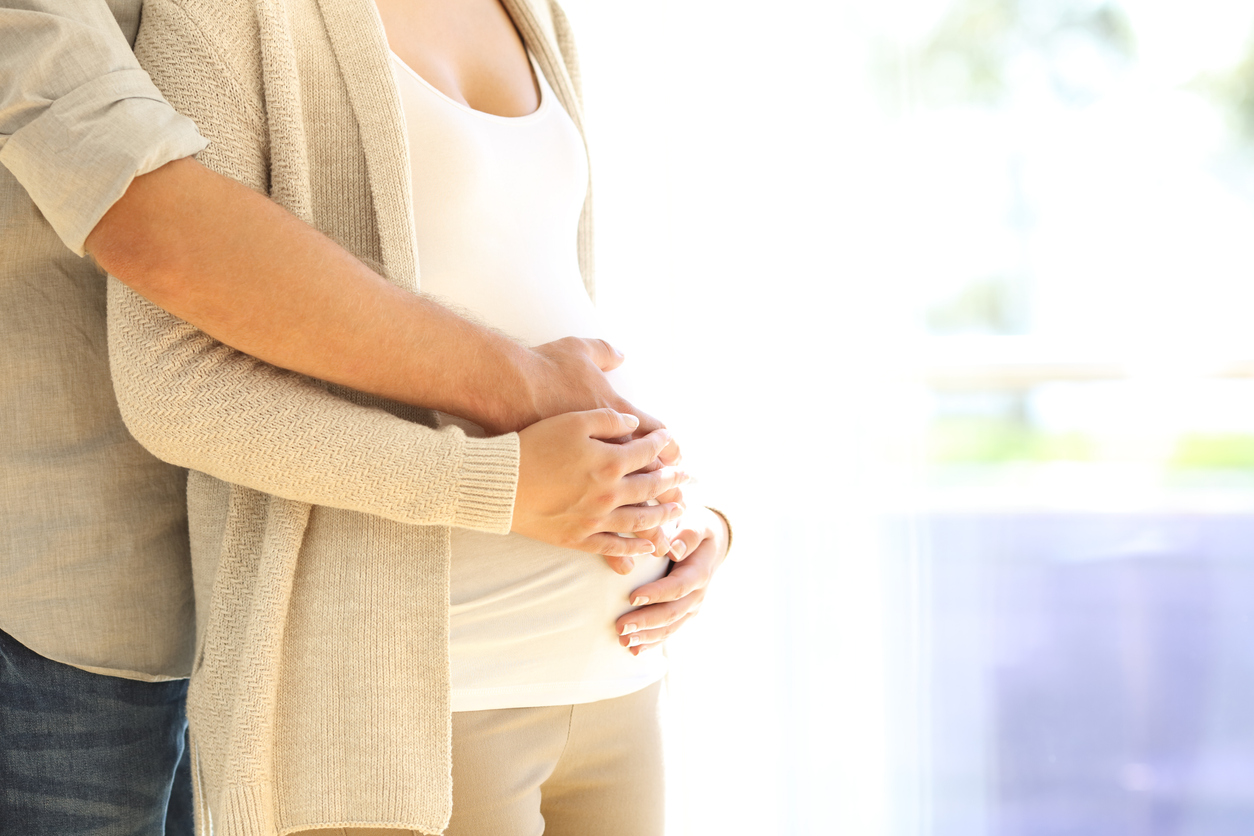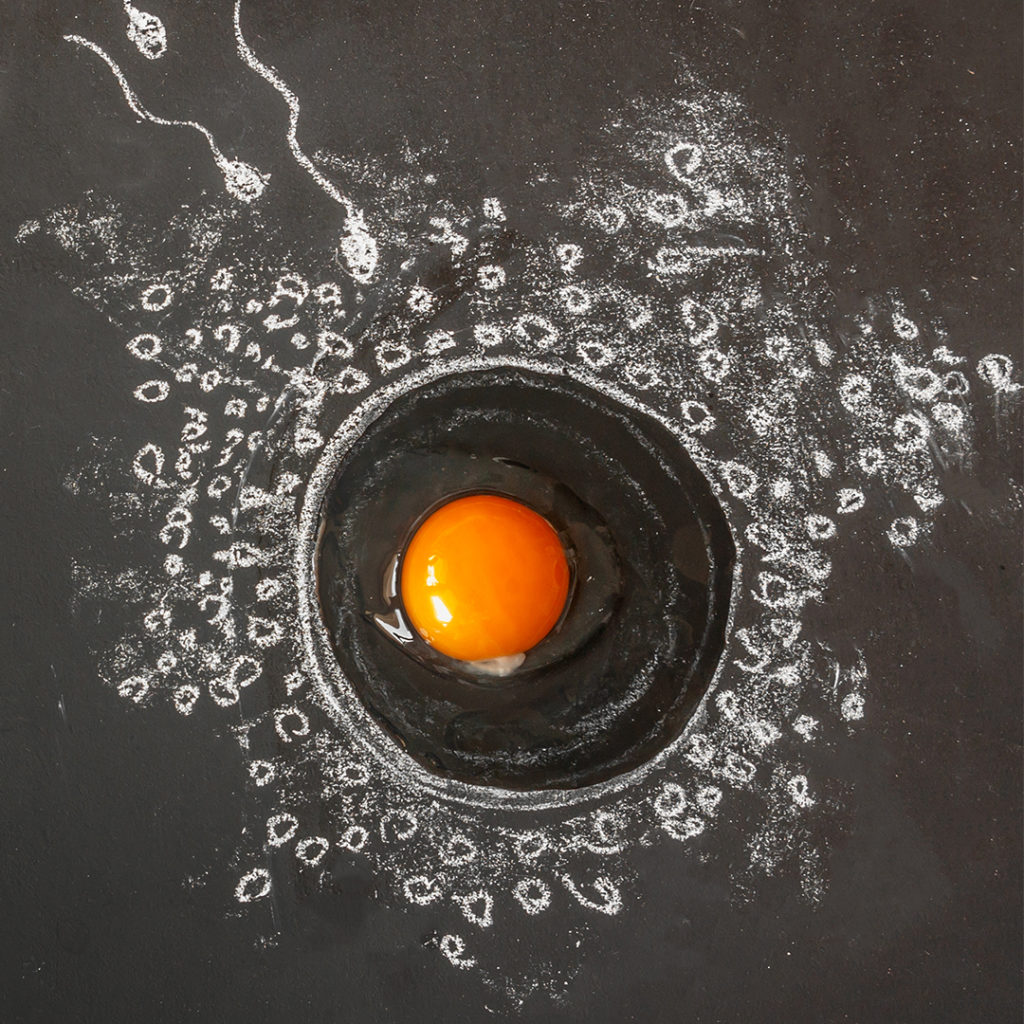
You’ve seen your Fertility Specialist and the news is not what you expected. Instead of using your own eggs to try for a baby, the advice is to use someone else’s eggs – an egg donor. Why? Your doctor says your eggs, or lack of eggs, are the reason you’re having problems getting pregnant.
This is a common reason for infertility. Sometimes women have no eggs at all, perhaps because of early menopause or because their ovaries have been surgically removed.
In other cases, women have eggs, but they simply seem unable to make a baby. Very low egg numbers and poor quality eggs may be due to a genetic problem, previous surgery, an environmental cause. Age matters: If you’re over the age of 45, you’re pretty much guaranteed to have very low egg numbers. And many times the reason is simply unknown.
Fortunately all is not lost. There are wonderful women out there who are willing to give the gift of donated eggs to couples trying to have a baby. Their gift brings hope and the joy of parenthood to women whose egg problems mean they cannot get pregnant without help.
What is an Egg Donor?
An egg donor is a young healthy woman who gifts some of her eggs to another woman or couple. Her eggs are then used to make a baby via Egg Donation IVF. Your egg donor may be someone known to you, or, as is often the case, she will be anonymous.
How egg donors are chosen for egg donation programmes is a vital part of egg donation IVF treatment. Qualification for egg donation is not a simple process! It requires careful review and assessment. In our centre, we accept only seven out of every hundred women who approach us thinking they might like to be an egg donor. We are very careful to ensure that a potential egg donor meets the stringent requirements that mean she’s going to be a good egg donor!
How does an Egg Donor Cycle Work?
Donated eggs are used with an IVF treatment cycle. The woman (or couple) who receives the eggs is called an egg recipient. The donated eggs given to her are fertilised with the recipient couple’s sperm in the IVF lab. Usually about 70% of the eggs will fertilise. These fertilised eggs are then safely nurtured in the incubator as they grow. Some of the fertilised eggs grow into embryos and they are watched in the IVF lab for between 3 to 6 days. During this time the egg recipient has medication to get her womb ready for pregnancy. After three to six days in the IVF lab one of the embryos is transferred or placed gently into the egg recipient’s womb. A test is done nine to 10 days later to see if a pregnancy has occurred.
Why doesn’t the Egg Recipient’s Body Reject the Donated Egg?
This is a good question. Elsewhere in the body, the immune system activates a strong response against anything that is foreign. This happens to any donated organ. Without medication to protect them from immune attack, donated kidneys and other organs will be rejected.
The only place in the body where this does not happen is inside the womb. Here, the human body is hoping for something foreign to arrive. Our bodies want to encourage pregnancies. It is how our species survives. All embryos are partly foreign to the woman as half of their genetics comes from the man’s sperm. So for all women, any embryos finding their way into the womb, whether naturally or via fertility treatment, are going to be foreign.
There is no special technique needed to choose an egg donor from this point of view. Donated eggs are never rejected!
10 Essential Egg Donor Qualities You Need to Know About
There are ten criteria that the TTIVF and Fertility Centre considers essential in an egg donor:
- The right age. Eggs are excellent in quality in younger women. After 35, the eggs’ quality and ability to make a baby drop, as does the success rate of getting a baby for the recipient couple. So our fertility centre accepts egg donors aged between 20 and 34 years only.
- An egg donor must understand what egg donation is all about. She has to be able to fully agree to giving away a precious part of herself – some of her eggs. If she is too young (under 20 years old) then she may not understand the choices she is making. She also needs to be fully informed about the whole process so that she does not regret what she is choosing to do
- No-Smoking and no drugs. Donors must not have smoked for at least three months. Smoking can lead to a drop in egg levels and smokers are not suitable to be egg donors. Egg donors also cannot be users of recreational drugs.
- Good blood tests. They must have normal hormone blood tests. These estimate your egg numbers and other conditions which can stop your eggs from growing. Young women with low egg levels should not be egg donors as they may have fertility issues due to their low egg levels.
- No disqualifying medical conditions. We screen egg donors for a variety of medical conditions, such as epilepsy or psychiatric illnesses. Any medical conditions which can be passed on to children are screened for in potential egg donors.
- No infections. Donors must be free of transmissible diseases and infections that could be passed on to the baby or the recipient mother. This includes infections such as HIV and hepatitis.
- Egg donors should not have moderate to severe endometriosis. Women with this condition often have lower quality eggs and difficulty getting pregnant.
- Egg donors should be a healthy weight to make the egg donation process safe for them and give the best chance of healthy eggs being donated.
- Pelvic adhesions and ovarian cysts. Egg donors cannot have serious medical problems in the pelvic area. Large ovarian cysts or pelvic scar tissue and damaged tubes can all make it dangerous for a woman to be an egg donor. It is however fine to be an egg donor if you have tied tubes or a sterilization.
- Family history. Egg donors must know their family medical history. In our centre we do not accept egg donors who are adopted and do not know the details of their biological parents’ medical history. There are many medical conditions that are genetic and passed on through families. Egg donors should not be at high risk of passing on serious medical conditions.
The Qualities of a Perfect Egg Donor
Once you’ve screened for these 10 essentials, what other qualities make an ideal egg donor?
A previous pregnancy is NOT one of them. A previous pregnancy is a good sign for an egg donor, but it certainly does not guarantee good quality eggs! These days many women have decided not to have children and they make excellent egg donors. Other young women choose to be egg donors before they want to have their own family.
The reason for choosing to help a couple or woman get pregnant is important. It’s really not about the money! Donors are only compensated for their time, and we have found that the vast majority of our egg donors are choosing egg donation for altruistic reasons.
The ideal donor wants to help someone. Often she knows someone who has been touched by infertility or she has read stories about infertility and is keen to help. That motivation means these egg donors are a lot less likely to pull out during the egg donation process. They are also not at risk of regretting their decision in the future. This is what really makes for the ideal egg donor.
Of course, what makes an egg donor ideal varies amongst recipient couples. In terms of physical traits, egg donor recipients are usually concerned about ethnicity, eye and hair colour, skin tone, height and build, and we’ll match those characteristics as closely as possible.
But most people want an even deeper insight into the young woman who’s giving them the gift of a baby. So we also help each egg recipient get a feel for their donor and her personality. We ask lots of questions of the candidate and share her answers with the egg recipients: Why is she donating, what are her qualities, how spiritual is she, how does she describe herself, what are her achievements, what talents does she have?
Egg donors and egg recipients may never meet, but in this way, they develop a special bond that can culminate in the greatest gift: Life!

